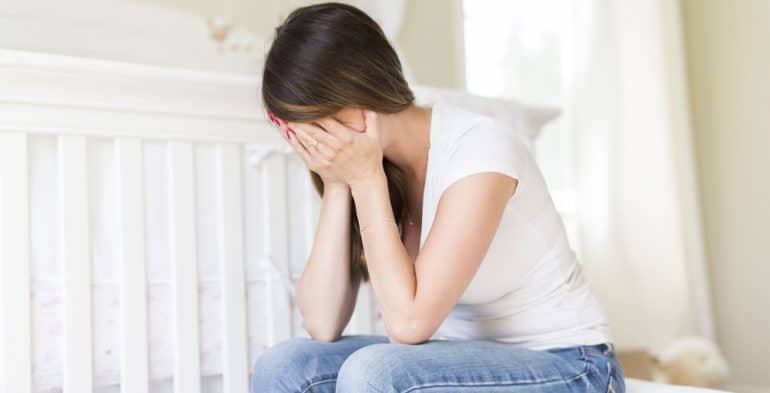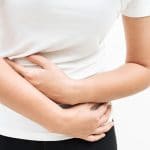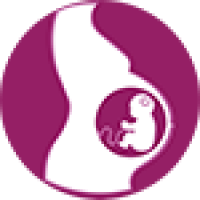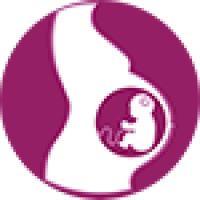
Postnatal Period and Post-Partum Depression
Just as important as taking care of your health and well-being before giving birth, is taking care of yourself postnataly. you will have gone through a lot with the birth of your baby and your body and mind will need time to adjust. You and your baby will be cared for in hospital in the first few hours or possibly days in the case of any complications. After which your doctor will schedule a postnatal exam for when your newborn have left hospital and are at home. During this examination your doctors will check you over physically to see you are healing well. They will also screen you for the possibility of post-partum depression.
What is post-partum depression?
The period immediately after the birth can bring highs and lows of emotion which may seem overwhelming, however this is perfectly normal after delivery. When these feelings intensify or continue after the first couple of days it may be a sign of postnatal, or post-partum depression. Symptoms may include feelings of helplessness, anger or frustration. Some mothers have been reported as also having feelings of jealousy towards the baby. Hormones are typically out of balance and are trying to adjust back to their pre-pregnant levels which can cause havoc on the mind and body. These can be dangerous times for both mother and child if post-partum depression is left untreated. It’s important to talk to your physician about any negative feelings you may be having about yourself or your child in order to get the right treatment.
Treatment for post-partum depression
Your postnatal checkup will also keep track of things such as your height, weight, blood pressure. It also makes sure the cervix is closing up and the uterus continues to shrink. While bleeding is a normal part to this whole process, your doctor will be checking that you’re not bleeding heavier than you should be. This can be an indicator of infection. Some women find that during this adjustment time for their body they have to start taking iron supplements and are highly encouraged to take a prenatal vitamin. This is so their bodies don’t lose any of the necessary nutrients while it heals. Women who’ve had a C-Section instead of a vaginal birth will also have the site of their incision checked to make sure it’s healing properly. This is also to ensure there are no signs of infection either.
The importance of support during post-partum depression
The Postnatal period is a time in which as a spouse it’s critical that you’re there for your significant other. Whether it’s helping with your baby, allowing mommy to get a nap or giving her five minutes to herself to shower and gather herself, it’s these things that can make all the difference. As mothers its natural that we try to do it all and that can lead to feeling over-whelmed. A good support network is very beneficial. It is important that a new Mom can take a break when needed, or know that she can ask for help or has a trusted loved one or family member that can help out and remind her that she doesn’t have to do it all.









